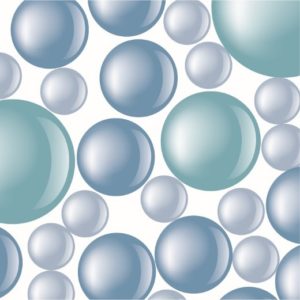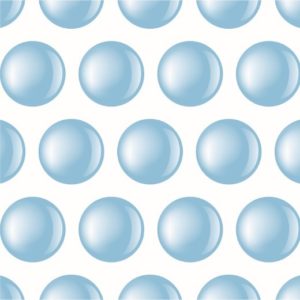Why Use Synthetic Valve Oil on Your Brass Instruments?
Cure your sticky valves with an upgrade to synthetic oil.
Are you tired of your valves sticking halfway through your performance, even though you just oiled them? Brass instruments like trumpets and French horns need a lot of lubrication to work properly. All of the different moving parts need to be continually oiled and greased to operate correctly and ensure that the right notes are played. The basic garden-variety valve oil that’s been around for decades will get the job done, but recent advances in chemistry have led to a whole new breed of synthetic oils and lubricants that work better, last longer and help protect your horn against corrosion and wear-and-tear.
Regular Oils

Regular valve oils are traditionally made from a blend of standard mineral oils such as kerosene or paraffin oil. The thickness, or viscosity, of these oils is controlled by altering the mix of mineral oils blended together until it “feels right.” If you could look all the way down to the molecular level in a blend like this you’d see individual oil molecules of all different sizes, ranging from very small to very large.
The problem with a traditional oil like this is that the smaller oil molecules tend to evaporate much more quickly than the larger ones. This means that an oil that starts out “right” will gradually get thicker as the thinner parts of the oil evaporate away. The end result for the player is that valves start out feeling great, but begin to get gummy over time because the oil that’s still left on the valves is made up entirely of the remaining larger, heavier molecules.
Synthetic Oils

On the other hand, synthetic oils are created from a chemical process that produces very even and consistent molecules that are similar in size. Since the molecules all evaporate at the same rate, the oil will continue to provide the same lubrication and smooth feel over time without getting gummy or slow. This also allows the oils to remain much more stable and consistent in extreme conditions, so if you often find yourself playing outdoors or in very hot weather, a synthetic oil will keep your valves working smoothly and much more reliably.
In addition, having control over the size of the molecules means that the thickness of the oil can be precisely adjusted to create different options for different uses. This allows Yamaha to offer four different viscosities of valve oil and an assortment of other slide, rotor and key oils that are all fine-tuned for the specific part of the instrument where they are used.
Yamaha synthetic oils have the extra benefit of a specially designed anti-corrosion agent that’s added to the formula. This additive counters the natural corrosive effects that saliva and moisture have on the inside of an instrument, giving increased protection to your valves and slides and helping extend the life of your horn. Make the switch to a synthetic oil and see for yourself how much better your valves work!














